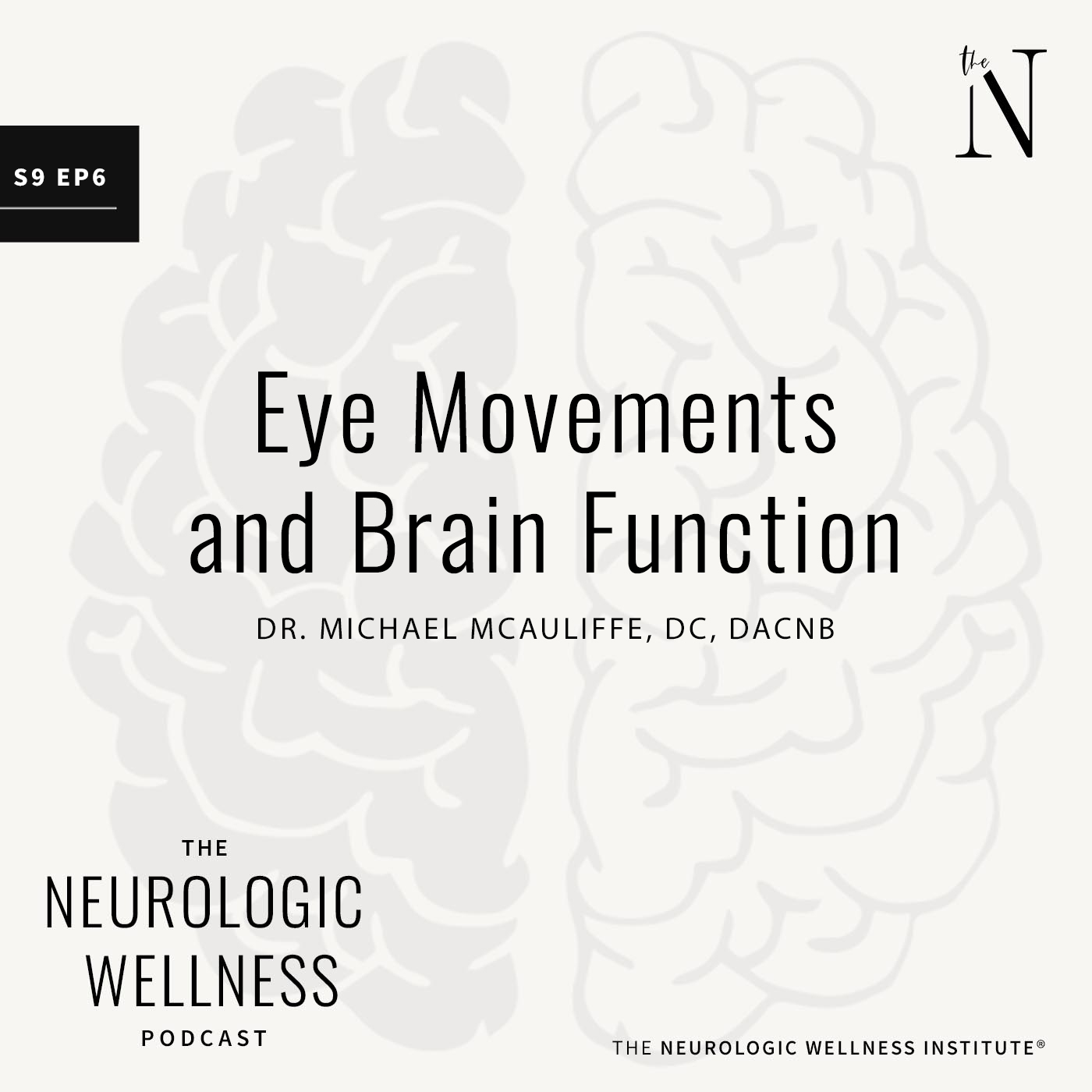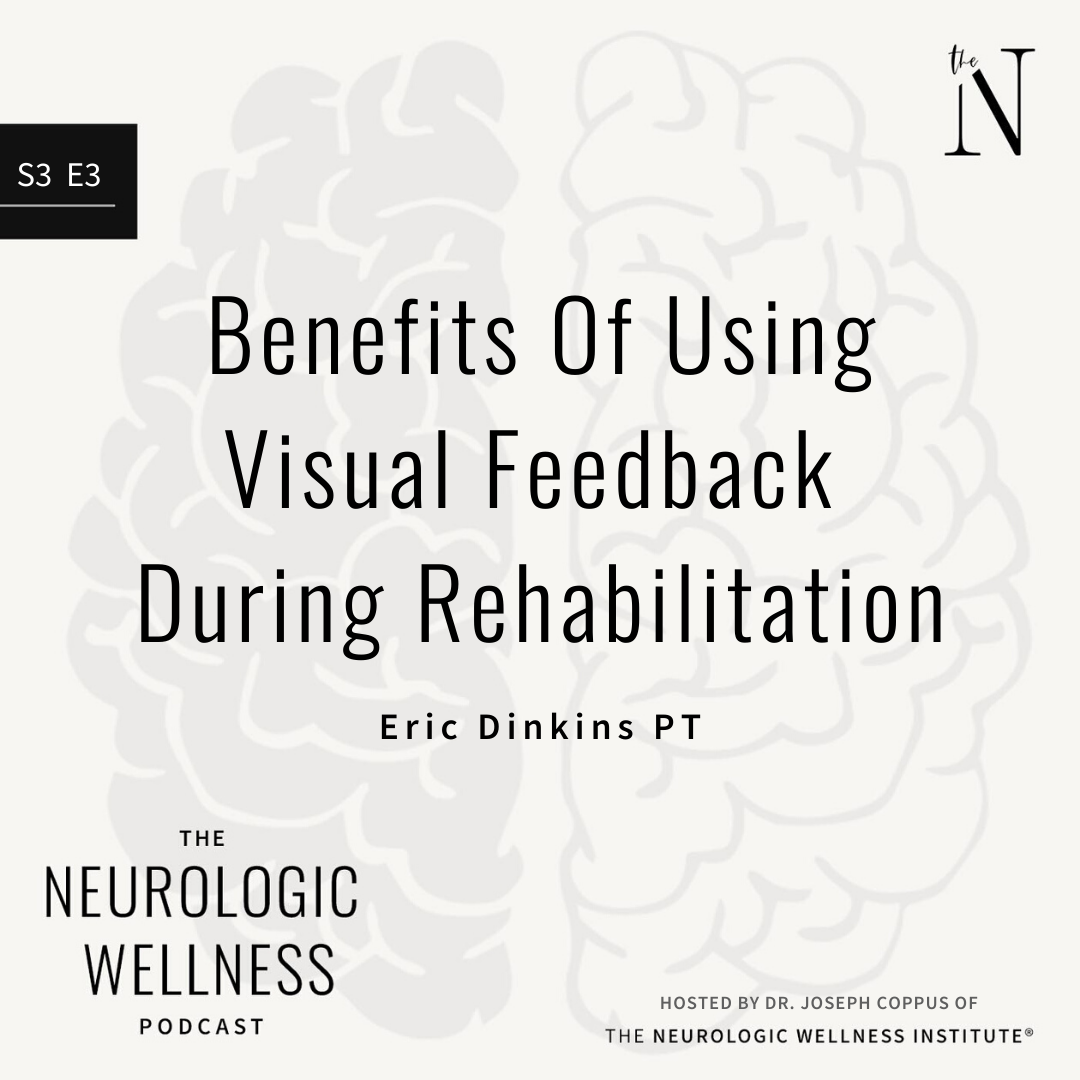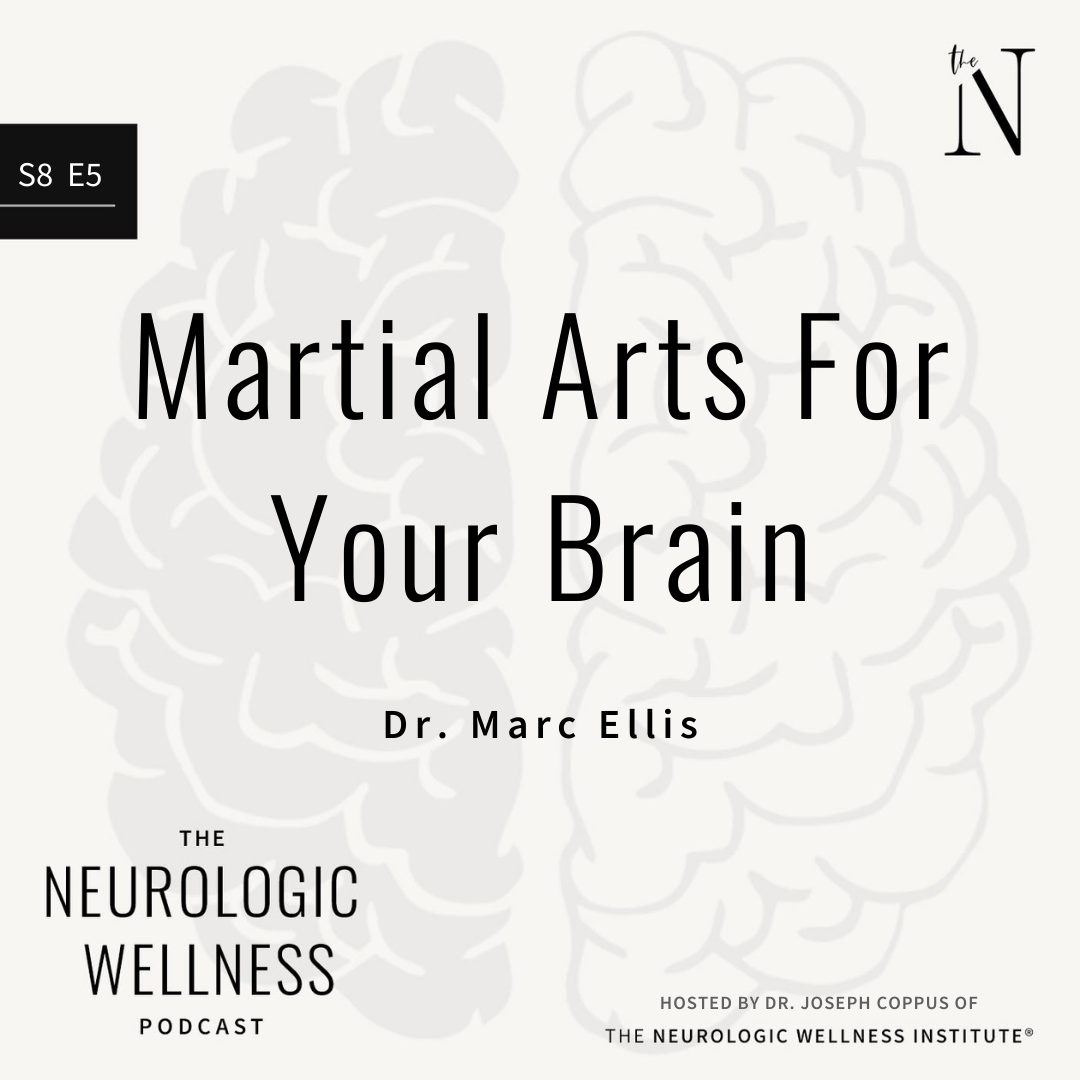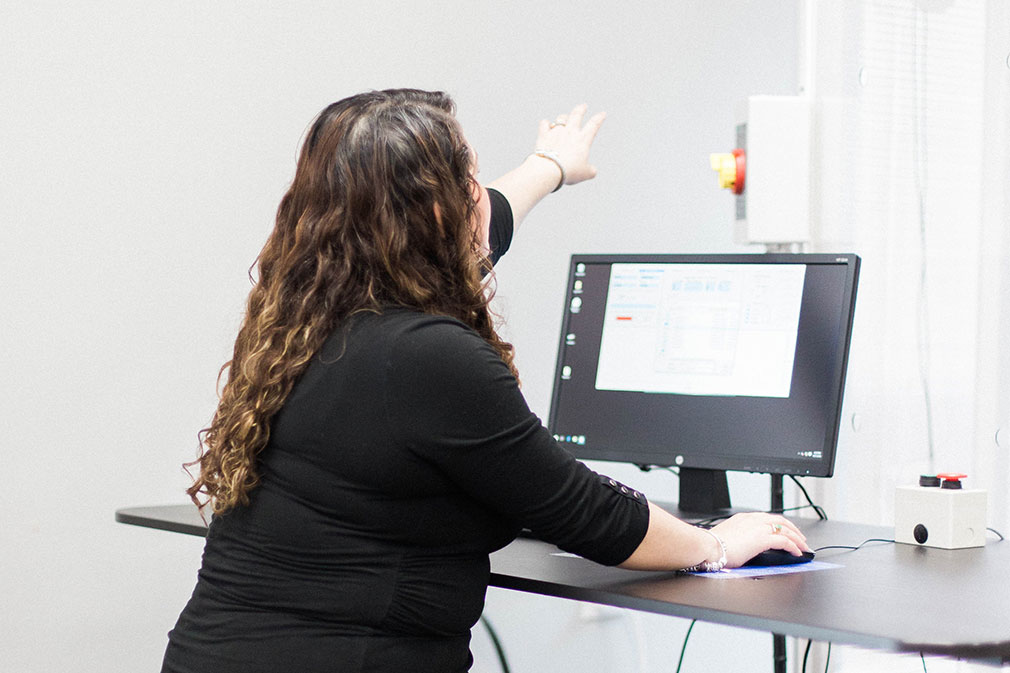Ask Dr. Nick
On today’s episode, Dr. Nick talks about the benefits of training grip strength for long-term brain health. Grip strength has been correlated with many health outcomes including all-cause and disease-specific mortality. Increased grip strength is associated with better bone mineral density, fewer falls and fractures, less depression and cognitive impairment, and improved quality of life. Because grip strength is usually similar to overall muscle strength, this becomes a good predictor for brain health. The brain also uses a lot of its real estate to control the hands for both precision and strength; therefore, appropriate grip strength shows proper brain function. A recent study even showed that higher grip strength correlated with more gray matter volume in the brain with improved mental health. Check out the video for more in depth information on the best ways to train grip strength for long-term brain health!
- Bohannon RW. Grip Strength: An Indispensable Biomarker For Older Adults. Clin Interv Aging. 2019;14:1681-1691.
- Jiang R, Westwater ML, Noble S, et al. Associations between grip strength, brain structure, and mental health in > 40,000 participants from the UK Biobank. BMC Med. 2022;20(1):286.




